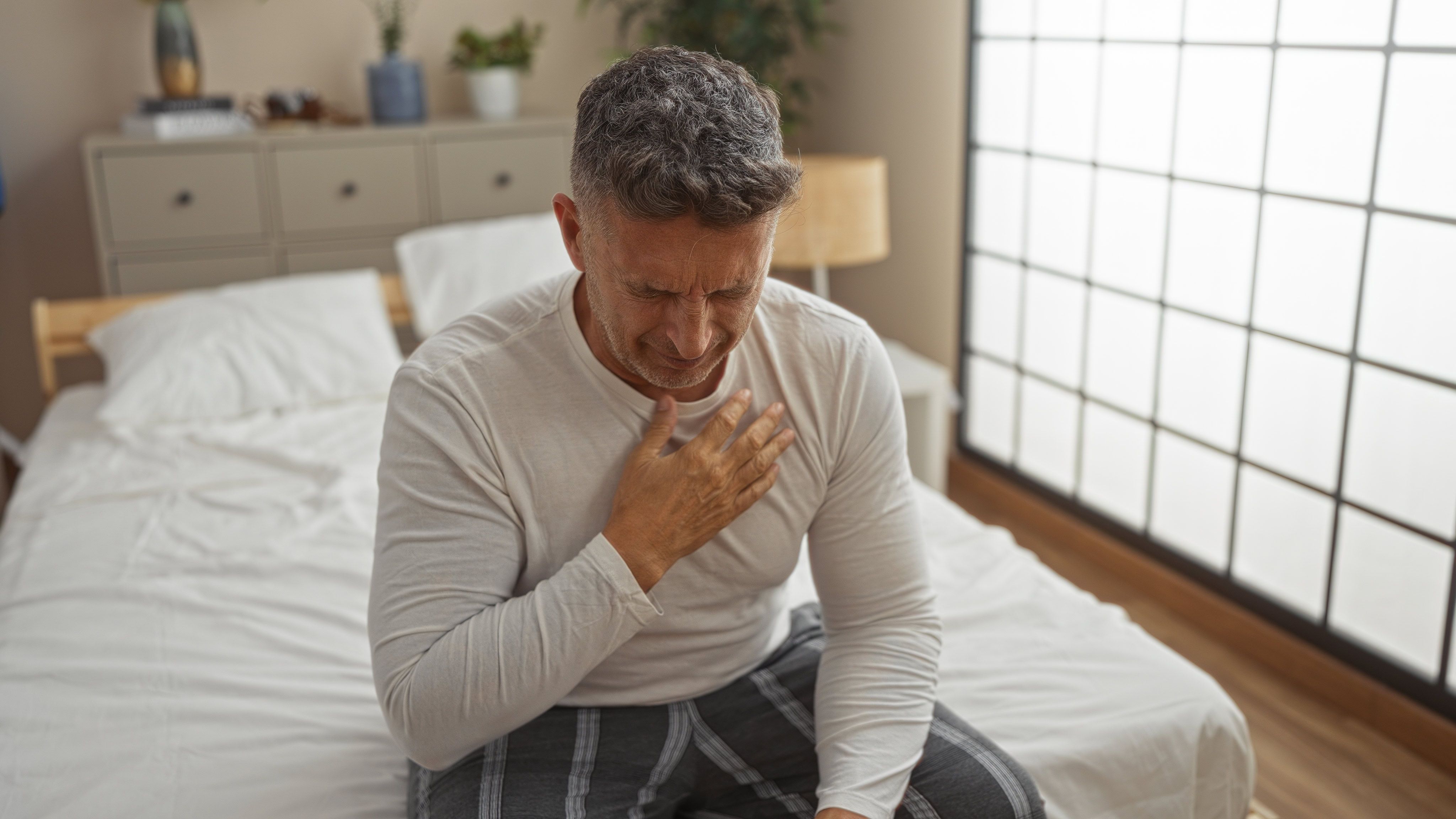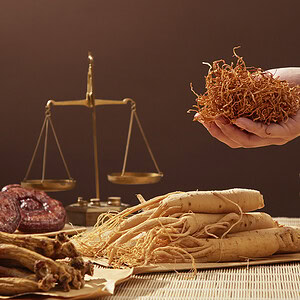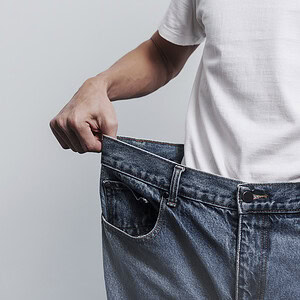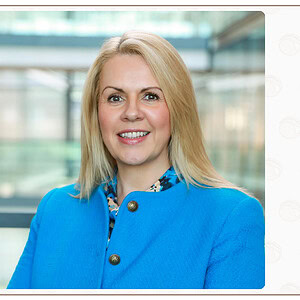When it comes to heart health, we’ve been told that cholesterol is the one to worry about. But is it as dangerous as we’ve been led to believe? And what role does inflammation play?
In June 2021, the American Heart Association published a statement that a “prescription” for reducing mild to moderately elevated blood pressure and cholesterol in otherwise healthy adults, was to sit less and move more.
“Increasing physical activity can help lower blood pressure and cholesterol, along with many other health benefits,” said Bethany Barone Gibbs, PhD, FAHA, chair of the statement writing group and an associate professor at the University of Pittsburgh, USA.
However, when it comes to heart health, some experts argue that tackling chronic inflammation rather than fixating on levels of cholesterol is key.
This is despite, for many years, cholesterol being the primary focus of heart health even though heart attacks also occur in individuals who do not have high cholesterol.
Illustrating this, in 2017, a press release for a study into statin eligibility announced: “Most major heart attacks occur in people with normal cholesterol.”
Research has also revealed that lowering levels of C-reactive protein (CRP), a marker in the blood for inflammation, independently of cholesterol can play an important role in reducing the risk of heart disease.
What is cholesterol?
Cholesterol is a waxy, fat-like substance produced in the body primarily by the liver. It is also naturally present in some foods that we eat such as eggs, shellfish, meat and dairy products.
Carried in the blood by proteins, it is a vital building block for hormones such as oestrogen and testosterone, for vitamin D and other essential substances.
Asking Aseem Malhotra
Cardiologist Dr Aseem Malhotra says that because coronary heart disease is a chronic inflammatory condition, doctors should consider what they can do to support patients before turning to medication such as statins, which are usually prescribed for patients with high cholesterol or who have already suffered from a heart attack or stroke.
He is not against the use of statins for some patients, particularly for those at risk of a secondary event, and says he appreciates the view of “treating the many to benefit the few”.
However, he says the use of statins has not correlated with a reduction in heart disease.
“It hasn’t been this big intervention everyone thought it would be. In fact, life expectancy [in the UK] has stalled, and healthy life expectancy has gone down,” he says.
Addressing lifestyle
According to Malhotra, there are four key areas that are known to contribute to heart disease: poor diet, inactivity, stress and poor sleep.
The NHS website also states that doctors may recommend lifestyle changes before prescribing statins.
Registered nutritional therapist Karen Preece Smith says she has worked with clients who have successfully lowered their cholesterol without the need for statins.
But like Malhotra, she would also focus on lowering inflammation through lifestyle.
Stress, high sugar, caffeine, alcohol and excessive exercise can all promote inflammation, she says.
Preece Smith recommends increasing anti-inflammatory foods such as soluble fibre and phytonutrients from plants, as well as omega-3 fats from oily fish, nuts and seeds.
However, she warns that addressing diet alone may not be sufficient for people with the hereditary genetic condition familial hypercholesterolemia.
A Mediterranean diet?
Malhotra also highlights the importance of anti-inflammatory foods, saying that we should all be “approaching food in a way that asks, ‘is this anti-inflammatory?’” rather than getting too caught up on calories.
Previously, Malhotra advocated the Mediterranean diet, but says he has become “less dogmatic” in this approach.
“When I talk about the Mediterranean diet, I mean certain elements of it that are important for reducing inflammation,” he says.
“Plenty of vegetables and fruits, healthy fats and quality protein. These can be applied to other cultures; the main thing is avoiding ultra-processed food.”
Beyond food
Preece Smith points out that stress can also increase inflammation and blood pressure, “known risk factors for high cholesterol”, and so recommends practising meditation or yoga.
“Exercise also improves variable heart rate so can be used alongside stress reduction and a healthy diet to reduce the risk of elevated blood pressure,” she says.
In terms of sleep, those who get seven hours or more a night have been shown to have a reduced risk of metabolic syndrome — a cluster of conditions including high cholesterol, high blood pressure and insulin resistance — which increases the risk of chronic disease.
Because lifestyle changes can also have a much wider positive impact, Malhotra believes we should be focusing on these before turning to medication — because it’s not just heart disease that can be prevented.
Prescribing with confidence
But education needs to start at grassroots, he says. “There is a lack of understanding of the wider determinants of health. Doctors need three things: knowledge, time and confidence.”
He would like to see more post-graduate training and nutrition education within medical schools, believing that doctors can “absolutely talk about diet and lifestyle in a 10-15 minute consultation, they just need to build up the confidence”.
According to Robert Kaplan, PhD, from Stanford University’s Clinical Excellence Research Center, USA, and author of More Than Medicine, increased spending on public health campaigns would also serve to educate the public on the lifestyle and societal determinants of health.
“The larger problem is that the general public still embraces the narrative that drugs alone will rescue them from most chronic diseases,” he says.
“It would be wonderful if a pill could wipe away big threats to our health. But to achieve that goal, we need more than medicine.”






